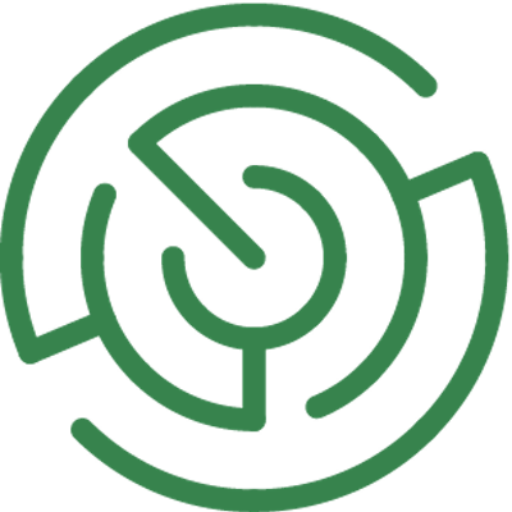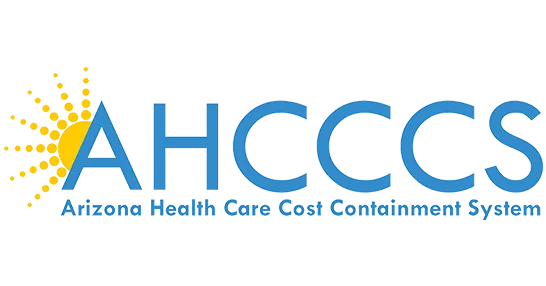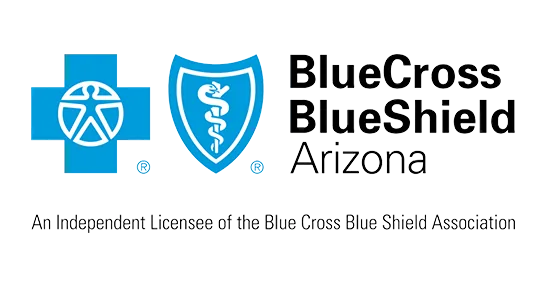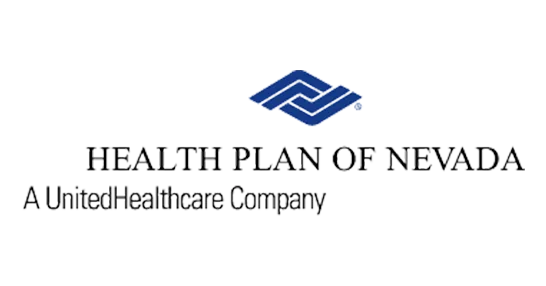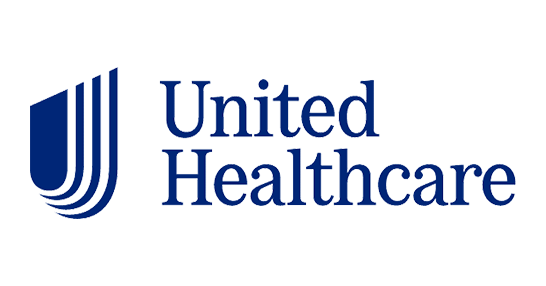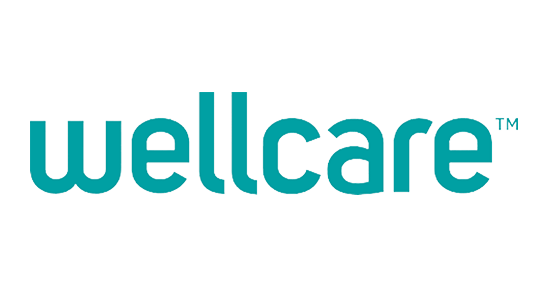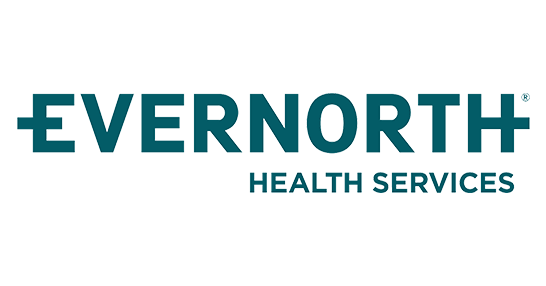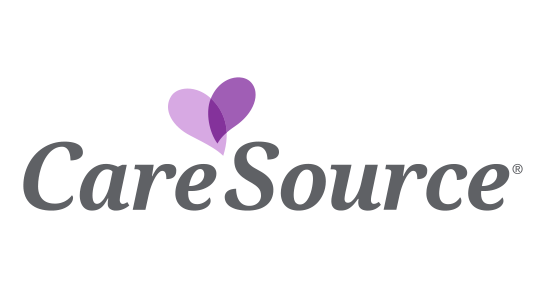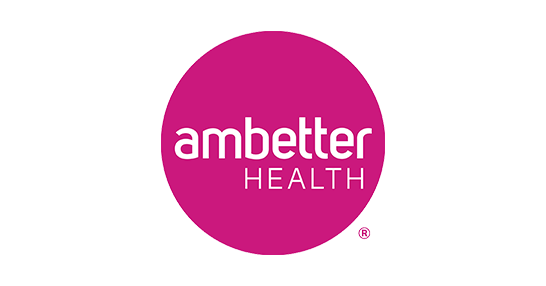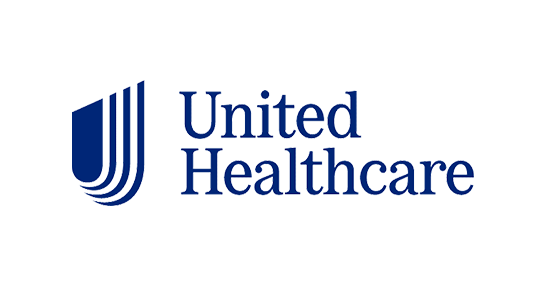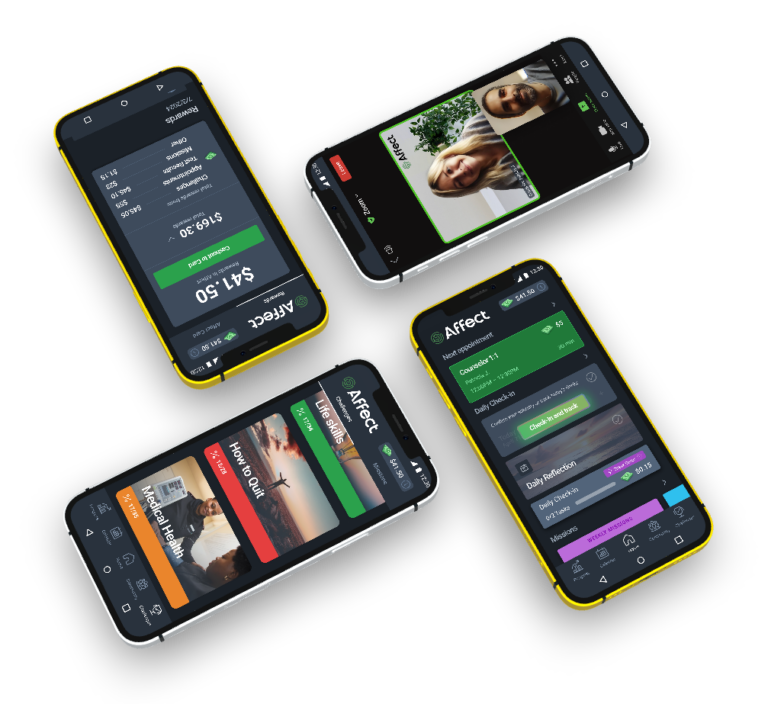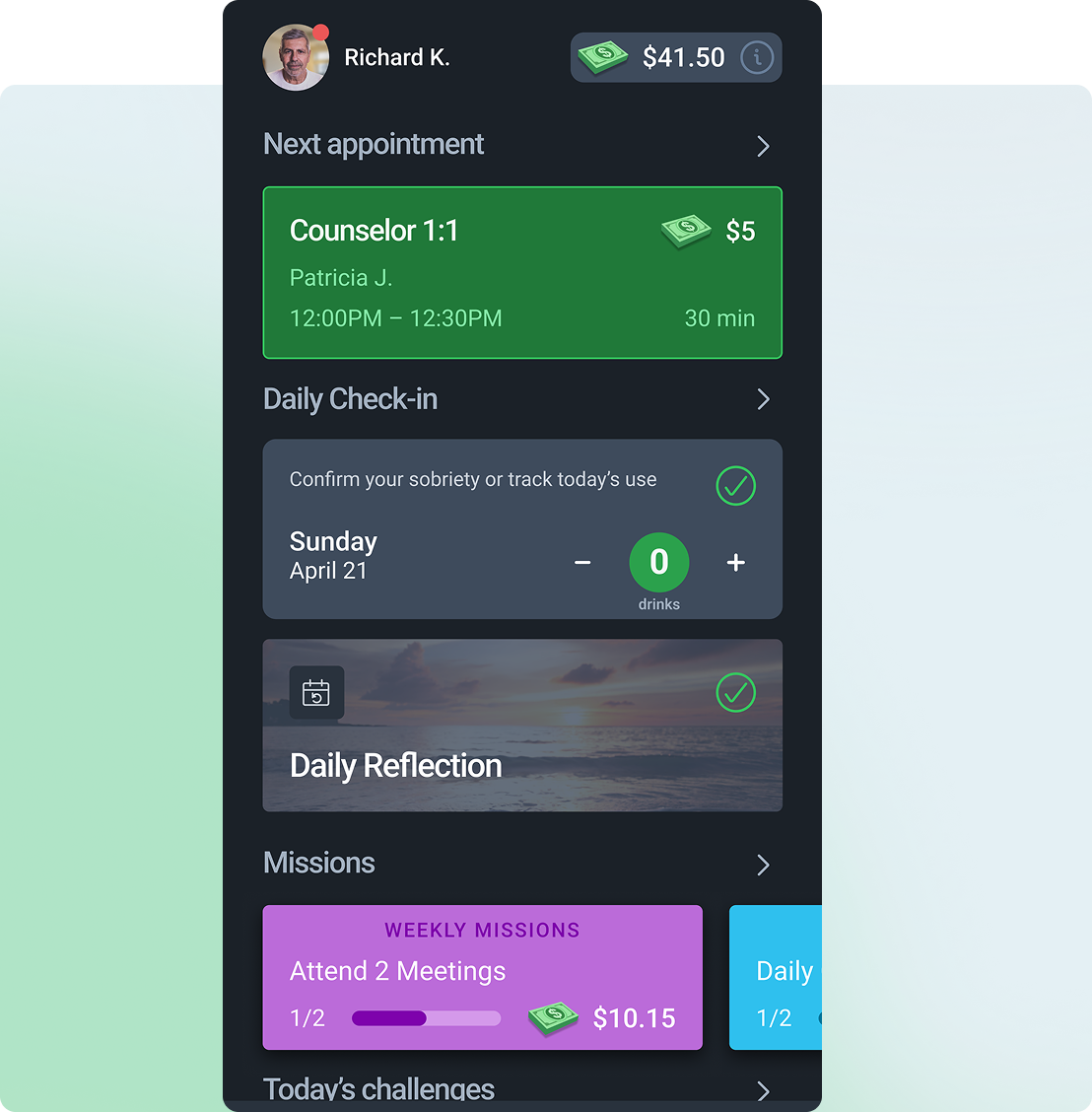More than 2.7 million people in the U.S. have opioid use disorder (OUD), including 2.3 million misusing prescription painkillers. In 2021, over 80,000 of the 106,000 drug overdose deaths involved opioids.
But the damage goes beyond overdoses. Opioid addiction has contributed to a rise in babies born dependent on opioids, and has fueled the spread of infectious diseases like HIV and hepatitis C.
Opioids harm nearly every part of the body:
Brain: Impair memory, decision-making, learning, and emotional regulation.
Heart and blood vessels: Cause infections, collapsed veins, and cardiovascular issues.
Lungs: Slow breathing, increasing the risk of fatal overdose.
Liver and kidneys: Strain and damage vital organs.
Digestive system: Lead to chronic constipation and other problems.
Immune system: Raise the risk of serious infections from unsafe drug use.


